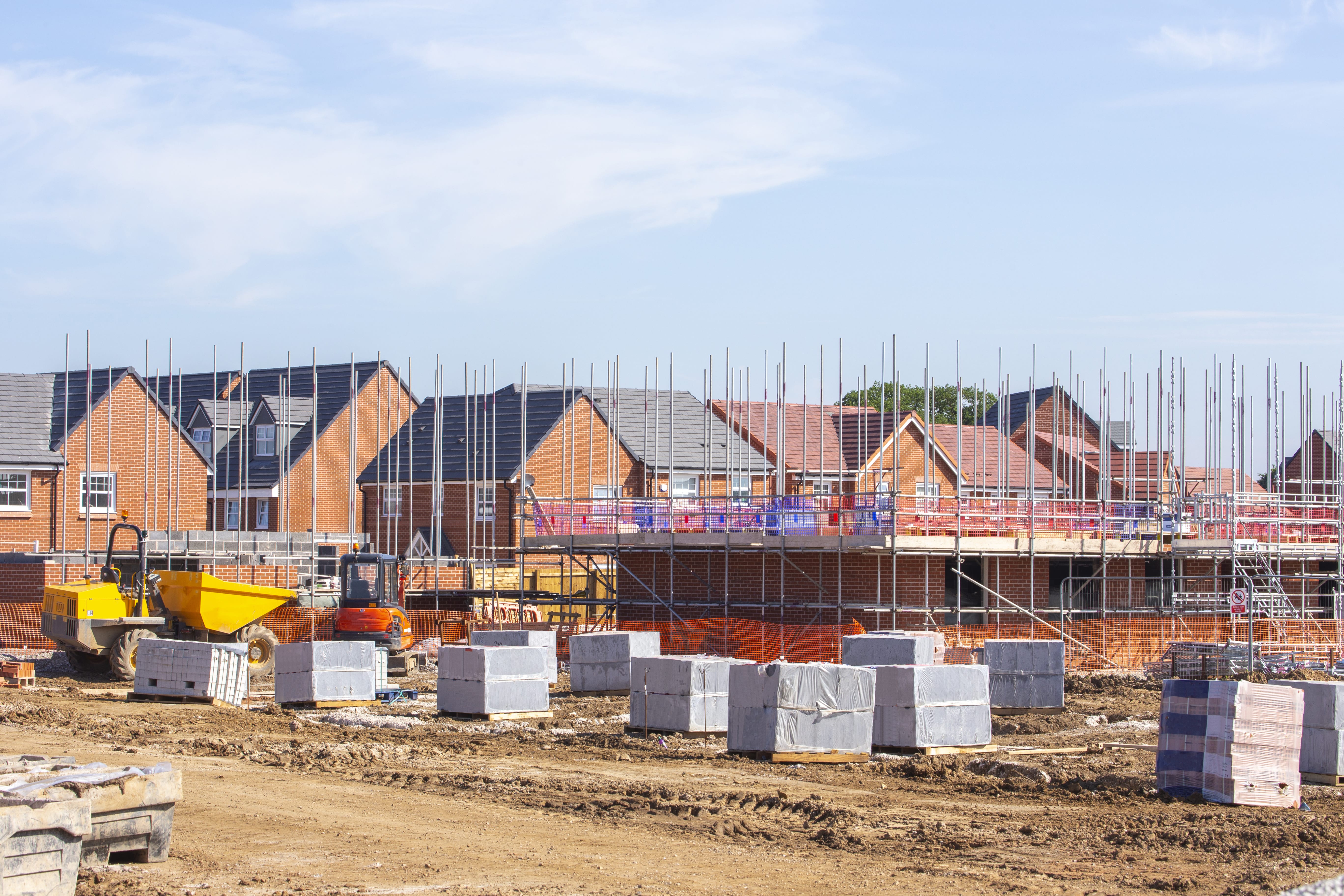Trends in property have a huge impact on how individuals make decisions regarding buying and selling property. In this article, we’ll consider the trends we are currently seeing to give you an overview of the 2024 landscape.
The real estate market in Wales is experiencing a dynamic shift, influenced by a combination of economic, social, and political factors. As someone interested in the property sector, whether you’re a buyer, seller, or investor, staying informed about these emerging trends can help you make more strategic decisions.
In navigating these trends, it’s crucial to seek advice from reputable professionals who can offer guidance tailored to your specific circumstances. For legal matters, especially those concerning property transactions in Wales, consulting with the best solicitors in Swansea can ensure that your interests are protected and that you comply with all relevant regulations.
This post delves into the latest property trends sweeping across the Welsh landscape, offering a deeper understanding of what’s currently shaping the market.
Current Demand for Properties in Wales
The demand for properties in Wales has seen a significant surge, particularly in suburban and rural areas. The shift towards remote working practices has altered buyer priorities, with many now seeking homes that offer more space, both indoors and out. This trend has resulted in a competitive market, with properties in these areas receiving heightened interest and, in many cases, selling swiftly at or above asking price.
Although many young people are moving to urban areas to seek employment, those looking to buy are opting for rural locations instead. The appeal of the countryside, coupled with the possibility of a more balanced lifestyle, is enticing buyers to explore properties beyond city limits. This has led to a rise in property values in rural regions as supply struggles to keep pace with increasing demand.
Sustainable Living and Eco-Friendly Developments
Another significant trend is the growing demand for sustainable living options. Prospective homeowners are now more environmentally conscious and are seeking properties that reflect their eco-friendly ethos. Developments boasting energy-efficient designs, renewable energy sources, and sustainable materials are seeing heightened interest, with buyers willing to invest in homes that promise lower carbon footprints and reduced energy costs.
Builders and developers are responding to this shift by incorporating green initiatives into their projects. New constructions are more likely to include features such as solar panels, heat pumps, and high-quality insulation, which not only align with environmental concerns but also offer long-term savings for homeowners. The incorporation of green spaces, community gardens, and provisions for wildlife is also becoming a staple in new developments.


Technological Innovations in Real Estate
Technology continues to play a pivotal role in the evolution of the real estate market in Wales. Virtual property viewings, once a novelty, have become a mainstay, particularly in the wake of the global pandemic. This technological shift has made the property market more accessible, allowing potential buyers to view multiple homes from the comfort of their current residence, saving time and resources.
Property management is also benefiting from technological advancements. Smart home systems that allow for remote monitoring of security, energy consumption, and even parcel deliveries are becoming more sought after. These systems not only provide convenience and peace of mind for homeowners but also add value to properties in a market that increasingly prizes tech-enabled living solutions.
Investment Opportunities in the Welsh Property Market
For those considering real estate as an investment, Wales presents numerous opportunities. The rental market, in particular, has shown resilience and growth, driven by the demand from both locals and those relocating from other regions. With universities and businesses fostering economic development, cities like Cardiff and Swansea remain attractive for rental investments, promising steady yields for landlords.
When identifying potential investment properties, factors such as location, property type, and tenant demand must be carefully considered. Residential properties close to key amenities, transport links, and educational institutions tend to attract long-term tenants. Investment in commercial properties, such as retail spaces or offices, requires a more nuanced understanding of the market, particularly in a post-pandemic world where commercial real estate dynamics have shifted.
Market Predictions for the Near Future
Analysts are cautiously optimistic about the continued growth of the Welsh property market. With government initiatives aimed at stimulating construction and home ownership, such as Help to Buy schemes, the market is expected to remain buoyant. However, potential investors and homebuyers should remain mindful of economic influences such as interest rates and employment trends, which can impact mortgage affordability and, by extension, property prices and demand.
Given the unpredictability inherent in real estate, preparing for potential market fluctuations is essential. Diversifying property portfolios, maintaining a buffer for unforeseen expenses, and staying informed about regulatory changes can help mitigate risks. Professional advice from financial advisors and legal experts should be sought to ensure that investments are both compliant with current regulations and strategically positioned for future market conditions.
The Role of Policy in Shaping Real Estate
Government policies continue to shape the real estate landscape in Wales. From stamp duty land tax changes to building regulations that promote energy efficiency, policy decisions have a direct impact on the market. Upcoming policy reviews, discussions around affordable housing, and infrastructure projects are all areas to watch, as they are likely to influence property trends and investment decisions.
Keeping abreast of policy developments is critical for anyone involved in the Welsh property market. Attending local council meetings, reviewing government publications, and participating in industry consultations can provide insights into future policy directions. This proactive approach allows for better anticipation of how changes may affect property values, rental demand, and the attractiveness of certain areas for investment.


Welsh Real Estate is Shifting
The real estate market in Wales is shaped by a complex interplay of demand shifts, sustainability priorities, technological advancements, investment opportunities, and governmental policies. As you consider your next move in the Welsh property market, adopting a professional, risk-averse stance will safeguard your interests.
Remember, informed decision-making is key, and this entails close collaboration with experienced legal professionals who are attuned to the nuances of real estate law.
Whether you’re looking to buy your dream home, sell a property, or expand your investment portfolio, understanding these trends and working with the right experts will provide the foundation for success in Wales’ vibrant real estate scene.
Please be advised that this article is for general informational purposes only, and should not be used as a substitute for advice from a trained property professional. Be sure to consult a property professional if you’re looking to invest in a property in Wales. We are not liable for risks or issues associated with using or acting upon the information on this site.









Leave a Reply
View Comments